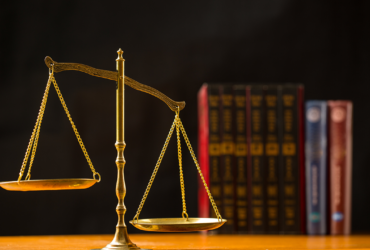The court can base its ruling strictly on the law or if circumstances dictate, under the judge’s equitable powers of fairness and justice
The law does not always possess a legal remedy for every type of situation presented to the court for judgment. In those cases, the court can make a ruling based on equity, which are fundamental principles of justice and fairness.
For Example:
A written contract between a seller and buyer in which the seller receives all the benefits, rights, and protections of the transaction, including the right to be held harmless and indemnified, from the actions or wrongs committed by any other party, including the seller and its agents from a willful or negligent act or breach of the contract. A clearly unfair one-sided contract.
Principles of Fairness and Justice Require The Court to Act
Equitable principles include:
- Equitable Estoppel
- The doctrine of unclean hands
- Laches
- Recision
- Restitution
- Replevin
- Reformation of a contract



